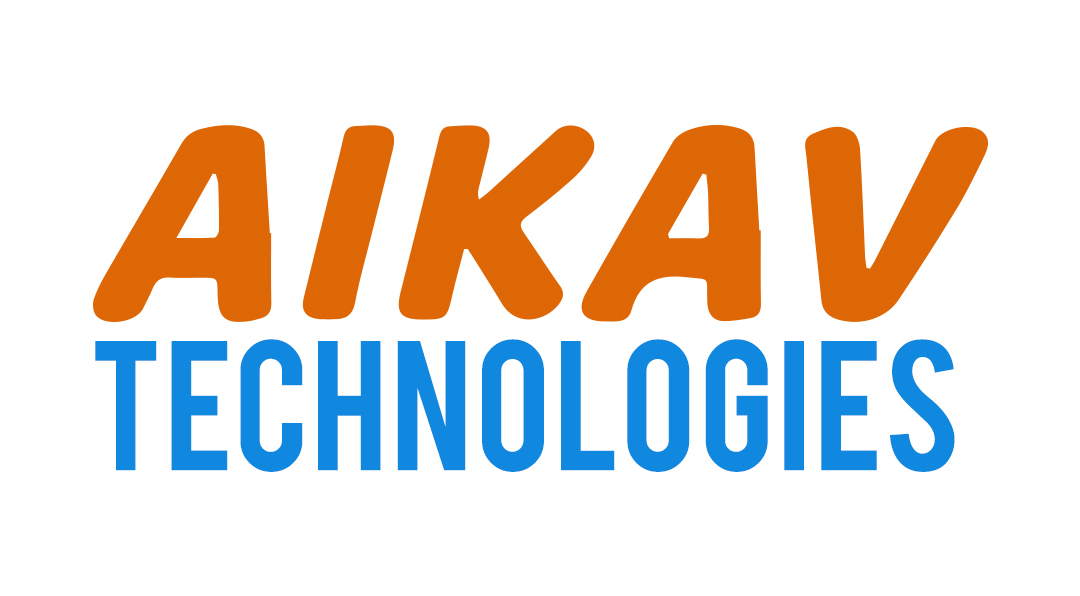How to Integrate and Configure the OpenAI Module in Drupal 10: Full Setup Guide
AI is reshaping how we build and manage websites, and with Drupal 10, integrating tools like OpenAI (ChatGPT) is easier than ever. Whether you want to generate content, auto-summarize text, or create a chatbot experience, the OpenAI Drupal module is a powerful solution.
This guide walks you through the full setup of the OpenAI module in Drupal 10—from installation to usage.
Building a Custom AI-Powered Module in Drupal 10: A Step-by-Step Tutorial
As AI becomes integral to web experiences, Drupal 10 developers are increasingly looking to create custom modules that harness the power of AI. Whether it’s content generation, intelligent tagging, or real-time suggestions, integrating AI into your module can supercharge your site's functionality.
Unlocking the Power of AI in Drupal 10: Practical Use Cases & Tools
As the digital landscape evolves, Drupal 10 is embracing Artificial Intelligence (AI) to deliver smarter websites. From automating editorial workflows to personalizing user journeys, AI empowers Drupal to do more with less effort.
AI Integration in Drupal 10: Enhancing Content and User Experience
Drupal 10, the latest version of the powerful open-source CMS, is embracing the potential of Artificial Intelligence (AI) to streamline content creation, improve personalization, and automate tasks. AI in Drupal 10 is not just a trend—it's a practical enhancement that brings measurable benefits to developers, editors, and end-users.
Migrating a Drupal Site to Pantheon: Step-by-Step Guide with Code
Migrating your existing Drupal 9 or 10 site to Pantheon unlocks powerful benefits — high-performance hosting, automated DevOps workflows, and scalability built for enterprise. In this guide, you'll learn how to migrate a Drupal site to Pantheon using Git, Drush, and Terminus, complete with commands, gotchas, and configuration tips.
Symfony 6 and Drupal 11: How the Upgrade Will Impact Developers
With Drupal 11 aligning itself closely with Symfony 6, developers are facing a significant shift in architecture, practices, and performance expectations. Since Symfony is the foundational PHP framework that powers Drupal, every major Symfony release introduces ripple effects across the Drupal ecosystem.
Decoupled in Drupal 11: API-First Innovations to Watch
As Drupal continues to evolve, its commitment to being an API-first platform becomes even more apparent. With Drupal 11 on the horizon, developers and digital teams are anticipating powerful new enhancements that will strengthen decoupled (or headless) architecture and transform how content is consumed across channels. This article dives into the key innovations expected in Drupal 11 that make it a leader in the decoupled CMS space.
13 Powerful Reasons Why Developers and IT Teams Choose Drupal as Their Go-To CMS
When it comes to content management systems (CMS), there’s no shortage of choices—WordPress, Joomla, Sitecore, Magento, and more. But for developers and IT teams looking for flexibility, scalability, security, and power, Drupal often stands out as the undisputed champion.
How to Build a Job Application Form in Drupal: A Detailed Guide
Building a job application form in Drupal is a powerful way to streamline the hiring process directly on your website. With Drupal’s flexible content management system (CMS), you can create a customized job application form that suits your specific needs, integrates with your existing workflows, and allows for easy management of applications. This detailed guide will walk you through the steps of creating a job application form in Drupal, from setting up the form structure to configuring submission handling and email notifications.
Drupal 10 Migration from API Endpoint and Drupal 7
Migrating from Drupal 7 to Drupal 10 is a critical step for organizations looking to take advantage of the latest features, security updates, and performance improvements offered by the newer version of the CMS. This process, however, can seem daunting given the substantial changes between Drupal 7 and Drupal 10, as well as the challenge of integrating API endpoints.
Drupal 7 to Drupal 10 Migration:
